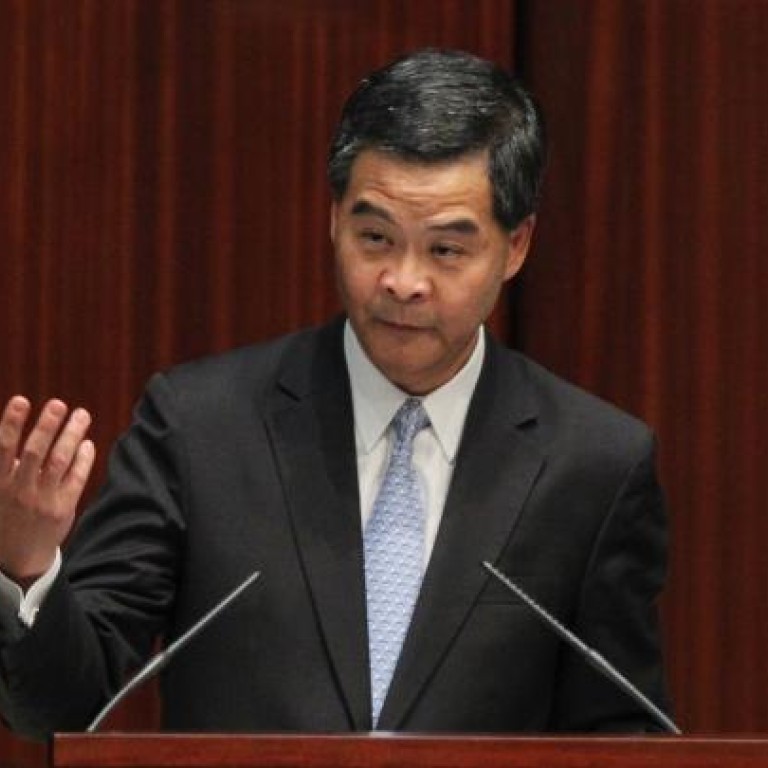
Hong Kong must be watchful of city's growing bureaucracy
Concerns have been raised after Chief Executive Leung Chun-ying announced the creation of yet two more high-level committees during his policy address. The establishment of the Financial Services Development Council and the Economic Development Commission brought the number of new and revamped bodies to 16 since he took office. Their portfolios include, among others, studying standard working hours, harbour management, health care, Chinese medicine and sustainable fisheries.
While each body may serve a worthy purpose, when added together they give the impression of an expanded bureaucracy. The new bodies have not only raised public expectations to a high level, but their roles and the choice of individuals to serve on them are also highly controversial.
Over the years, our bureaucracy has become bloated with layers of high-level steering committees and advisory bodies. Tung Chee-hwa created the Chief Executive's Council of International Advisers and the Commission on Strategic Development during his seven-year rule. His successor, Donald Tsang Yam-kuen, also appointed the Taskforce on Economic challenges to nurture new economic strengths in 2009.
Our leaders may be truly convinced that a dedicated task force or advisory panel will bring forth better solutions. But if experience is anything to go by, the work of many committees did not instil much public confidence. They were often branded as no more than a new layer of bureaucracy or talking shops that frustrate civil servants in charge of the policy. Some strategies have even been deemed misguided and are being scrapped by the Leung team.
Leung rightly seeks to boost economic growth by consolidating our strengths and developing new industries. There is no question that the appointees of the two new panels are leading figures in their fields. We stand to benefit as long as their advice is given with the city's overall interest in mind. But, understandably, the affiliations of some mainland members in the Financial Services Development Council, such as Levin Zhu, son of former premier Zhu Rongji , have aroused fears that our development strategies will be guided by Chinese enterprises. That the council is to be incorporated as a private company instead of a publicly funded or statutory body also appears to be unconventional within the government. Better arrangements are needed.
